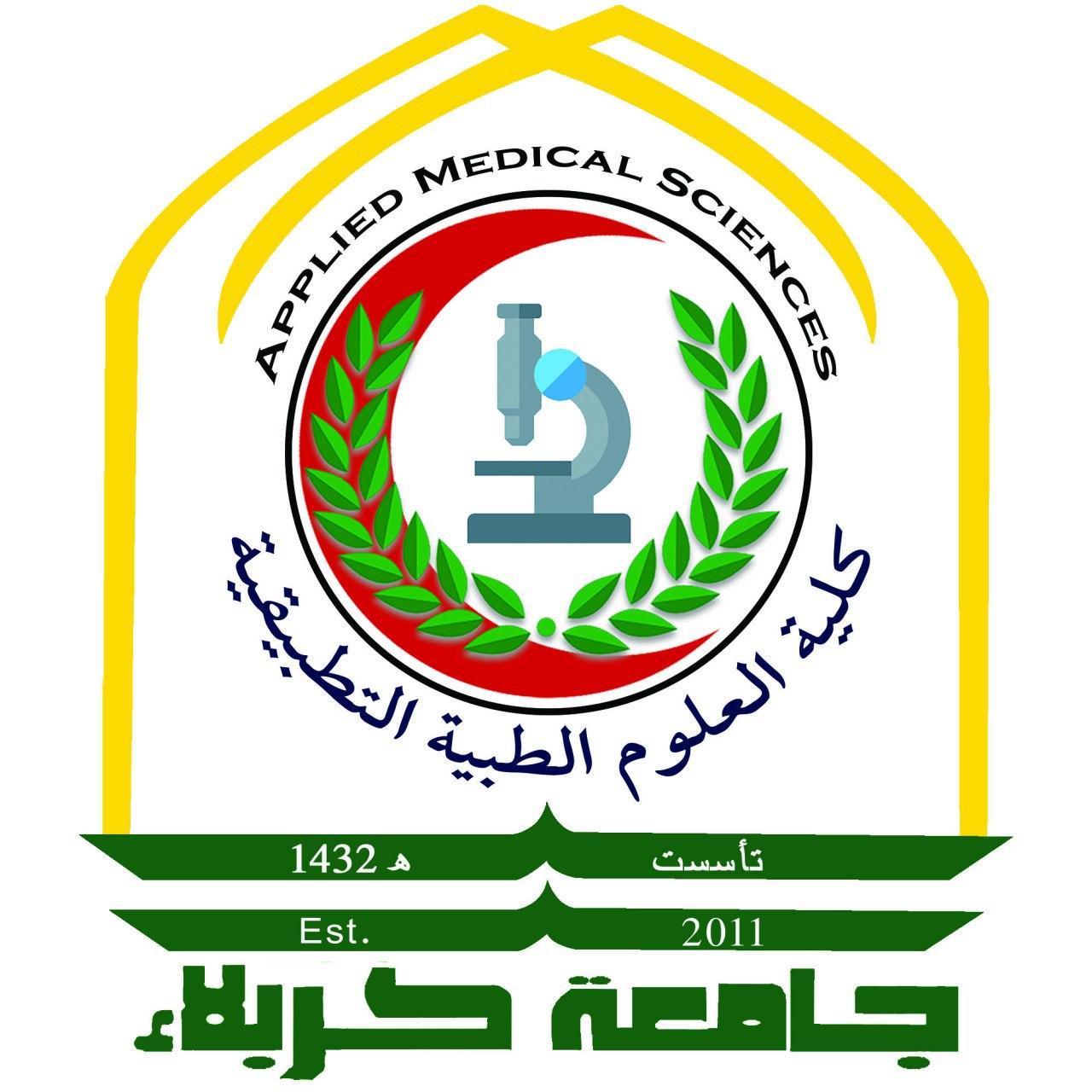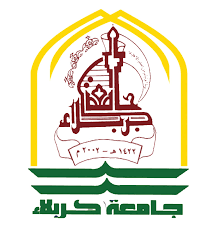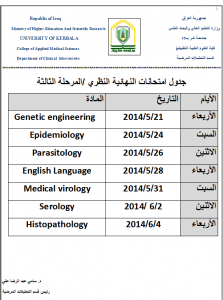The College of Applied Medical Sciences organizes a field visit to the wastewater treatment site
Based on the principle of cooperation between the university and state service institutions and the promotion of the practical aspect of the curricula, the College of Applied Medical Sciences at Karbala University organized a field visit to the wastewater treatment site of the Karbala Sewerage Directorate. The visit was supervised by Prof. M. Dr.. Hoda Abdel Reda and Ms. Dr. Sawsan Darwish, MM. Doaa Fayek and students of the second stage in the Department of Environmental Health for the largest strategic projects in the province and in the Middle East, which is represented by four huge plants for the treatment of heavy water, and through this visit, they learned in detail the stages of treatment starting from the introduction of heavy water from the source to the process of sedimentation and how to get rid of Elements using special equipment and then the stages of ventilation to get rid of the two elements phosphorus and nitrate in the method of biocracking through the use of anaerobic bacteria present in heavy water, where it was noted that the treatments used in the station are vital, safe and environmentally friendly. And the collection of methane gas in addition to chlorination for general sterilization, and the tour ended in the last stage, which is represented by the production of very large quantities of treated water, which is transported through transmission lines from the station to the drains, which can be used in agricultural projects. The visit aimed at the importance of this project because of its very clear impact on improving the environmental reality of the city, as the treated water resulting from the project is considered a major water wealth that is used in agricultural projects that allow the use of treated water in restricted irrigation, in addition to its importance in generating electric power from Methane gas and some equipment for the same project, as well as obtaining solid waste that is used as fertilizer.





























































